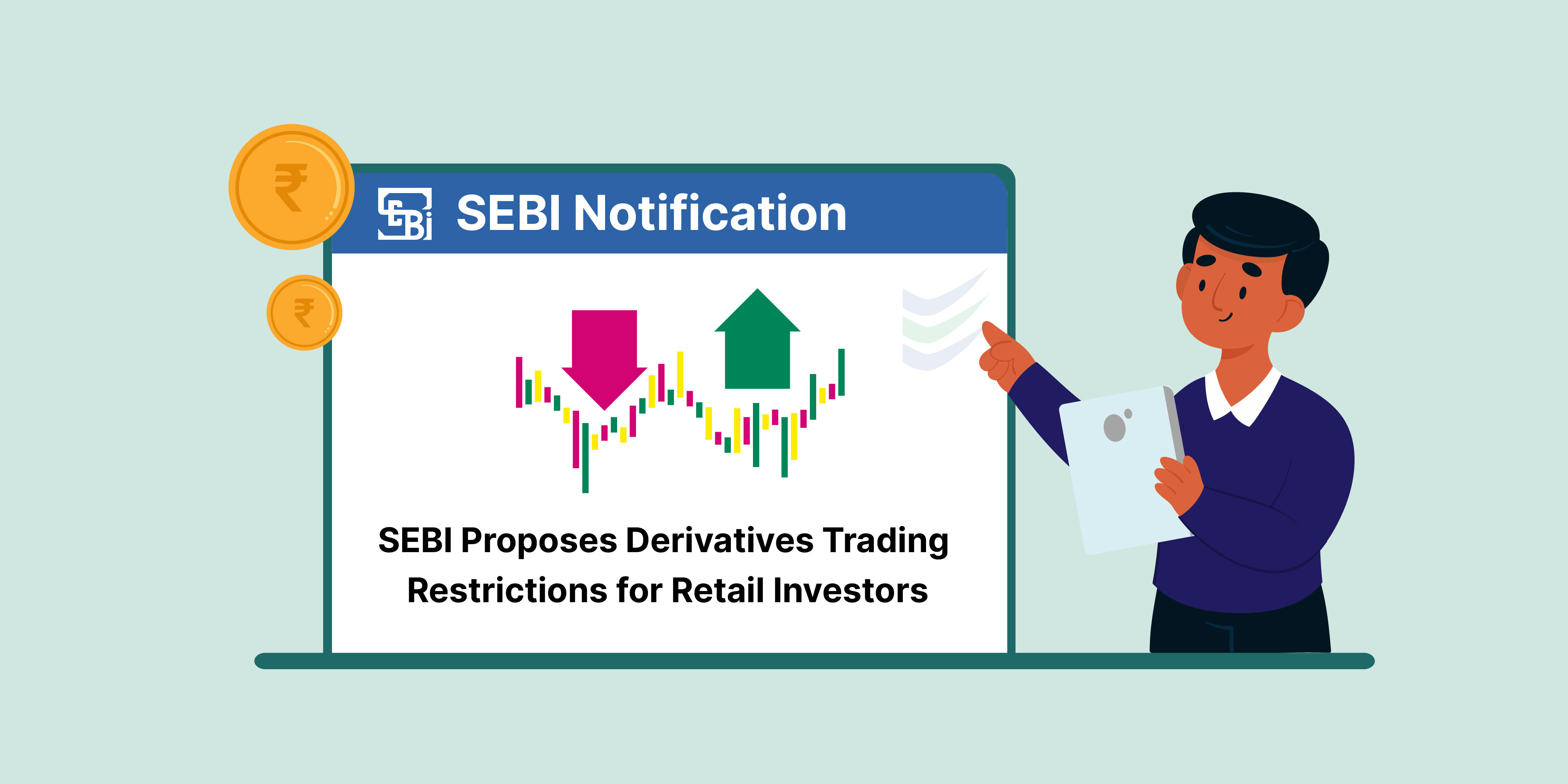SEBI Proposes Derivatives Trading Restrictions for Retail Investors

The Indian market regulator, SEBI, is looking to protect regular investors from the risks associated with derivatives trading. As share prices in India reach all-time highs, more people are entering the market, and SEBI wants to prevent smaller companies from facing huge losses during market instability. To achieve this, SEBI is considering a rule that would limit the amount of equity derivatives regular investors can trade based on their wealth, income, and net worth. By keeping an eye on how much people can trade in relation to their financial status, SEBI aims to safeguard smaller investors and keep the trading environment stable. This move comes as the number of individual traders in the equity F&O segment has seen a significant increase.
With firsthand knowledge of the situation, it is claimed that the Indian market regulator will suggest tying the quantity of equity derivatives that retail investors may trade to their wealth in an effort to lower risks for them.
The regulator is worried that smaller firms might experience losses on derivatives if markets get unstable since Indian share prices are approaching record highs and capturing the attention of more regular investors.
During the fiscal year 2022 (FY22), the total number of unique individual traders participating in the equity F&O segment was 45.2 lakhs, significantly up from 7.1 lakhs in FY19, marking an increase of over 500%. Data provided by the Securities and Exchange Board of India (SEBI) indicates that 88% of these traders were actively involved in the market.
The regulatory body is presently debating how to monitor and regulate trading practices that may lead to unbalanced or excessive risks. Their major goal is to safeguard small-scale investors from potential damage. One suggested remedy is to link trading activity with investors' financial status by tying the value of trades made in futures and options to their income and net worth.
Since they are not authorized to speak to the media, the sources who provided this information would wish to remain anonymous. SEBI has not yet responded to an email asking for a remark.
According to a source, "SEBI is looking into whether stock brokers can be made liable for reporting net worth and income of individual traders to exchanges." The details offered on tax returns could be used as a basis for the decision.
Exchanges may monitor a person's exposure to futures and options contracts across brokerage firms if a broker provides an investor's net worth and income, according to another source.
The original source said that the trading ceiling would be a multiple of net value.
When brokers observed issues determining the net worth of their clients, SEBI withdrew its proposal for a comparable framework from consideration in 2017. According to the sources, the report revealing widespread losses on stock derivatives trading prompted the regulator to revisit the concept of limitations.
A lot of markets have standards for product appropriateness, which mostly apply to "high-risk investments like venture funds, hedge funds, commodity and equity derivatives," according to the first source.
The South Korean financial markets authority imposed admission limitations on ordinary investors in 2011 that included a minimal deposit and required training for trading equity derivatives. In 2019, the limitations were removed.
A review of most recent data available, there had been 5.56 billion futures contracts traded in India as of June. 98% of derivatives contracts are based on the trading of options.



